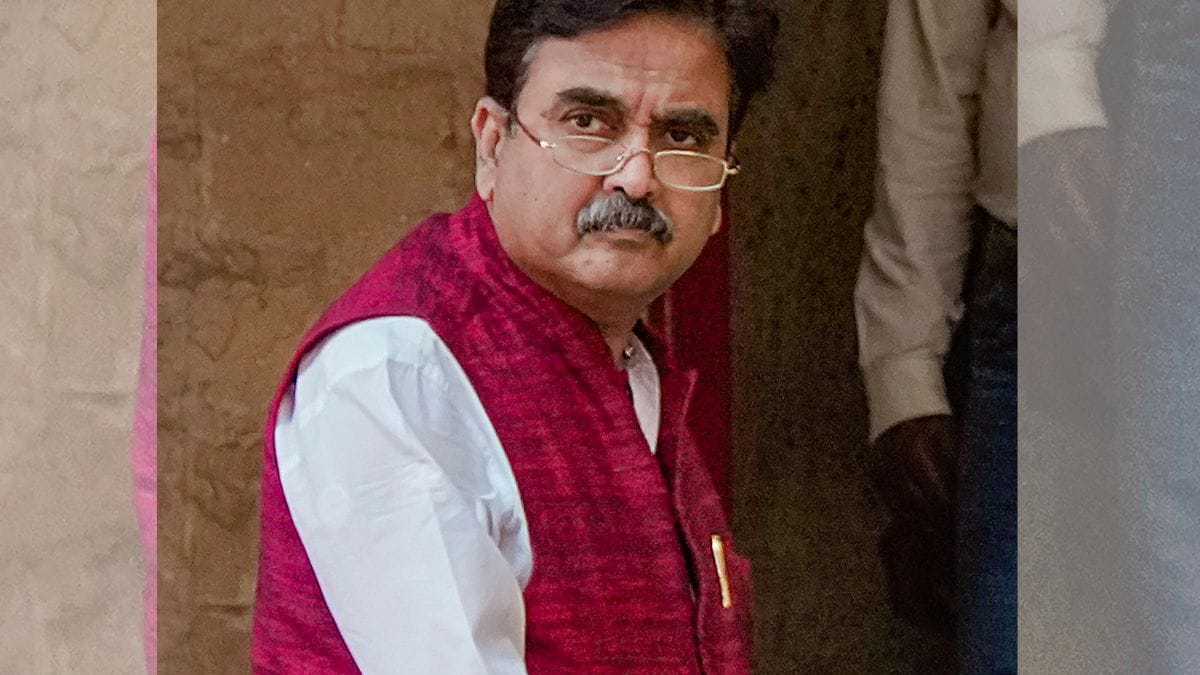Table of Contents
The Calcutta High Court Judge, Abhijit Gangopadhyay, resigned from service and recently joined politics. He usually faced criticism from Trinamool Congress, West Bengal’s ruling party, for his judgments and observations.
Justice Abhijit Gangopadhyay has resigned as a judge in the Calcutta High Court and has joined politics with the BJP (Bharatiya Janata Party). Abhijit said that he was approached by the party and he also did the same during his tenure as judge. He declared that from now on, he will be a “party soldier”. The former judge sent his resignation directly to the President of India and came into effect from under Article 217 (1) (a) of the Constitution.
The retired justice was the ‘hero’ of the people who were job seekers and victims of the alleged recruitment scam of West Bengal. He earned the title of people’s judge for his frequent run-ins with the TMC government. He was also found to be involved in an incident with his fellow judges which led to the beginning of intervention by the Supreme Court of India.
Although he became the first sitting judge of a higher court to join any political party after resigning from active duty, because of him questions on the judicial ethics and code of conduct for judges were also raised. Questions like “Who will trust his judgements now?” were brought up by other lawyers.
Gangopadhay is 62 year old retired judge who joined the high court as an additional judge in 2018 and was later made a permanent judge in July 2020. He was scheduled to retire in July and was a West Bengal Civil Service officer who later quit his job to become a lawyer.
How was he already involved in politics before joining?
Abhijit was said to have had frequent run-ins with the government in several cases in the past as well. One of his prominent cases was the teachers’ recruitment case, wherein he had ordered a CBI probe. Gangopadhyay is noted to not be the first judge who has demitted office and joined politics. Before him, K Subba Rao who is the former Chief Justice of India also resigned from his duty and gave a three month notice prior to his retirement.
He was a staunch supporter of civil liberties and was a part of the decision made by the majority which said that the Parliament had no authority to take away fundamental rights of a person. Although he didn’t get elected as the ruling party because of the electoral college system of indirect voting to elect the President.
Why is it a booming controversy?
Abhijit used his Constitutional power as the means from which he broadcasted his political intentions. Political ideas were often talked about and exchanged in the courts because of which he got into troublesome controversies for having run-ins with his fellow judges. He had also given press interviews about matters that were pending before him in the court and was in talks for the same. He was yet again caught in trouble for summoning documents from the Supreme Court of India. His behaviour raised a question amongst the people of the country about the countryside judicial system, their integrity and their independence. These are the basic values which form the essential pillars on which the independence of our judiciary rests .
On the matter of whether it is time to prohibit judges from politics, a member of the Constituent Assembly had suggested that judges of constitutional courts should be legally barred from taking up Executive positions or being a part of politics but nobody was in favour of this. External rules cannot be implemented to control the judicial behaviour of the judges and would go against the idea of judicial independence in India.

2 Comments
argie serbescu
Pingback: BJP candidate from Basirhat speaks to PM Modi - INPAC Times